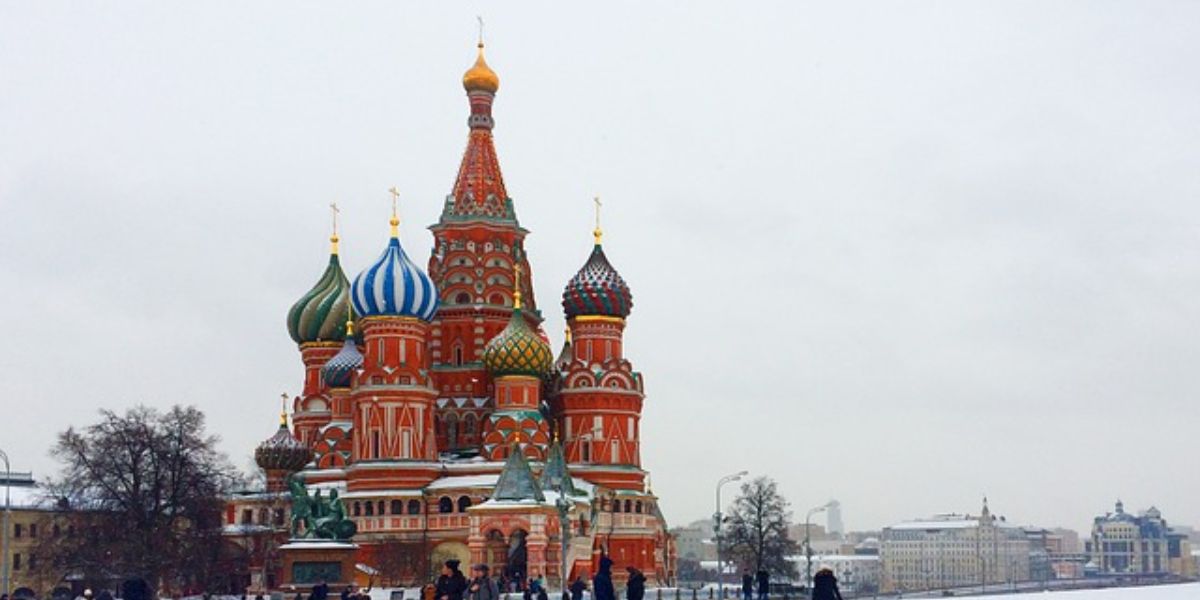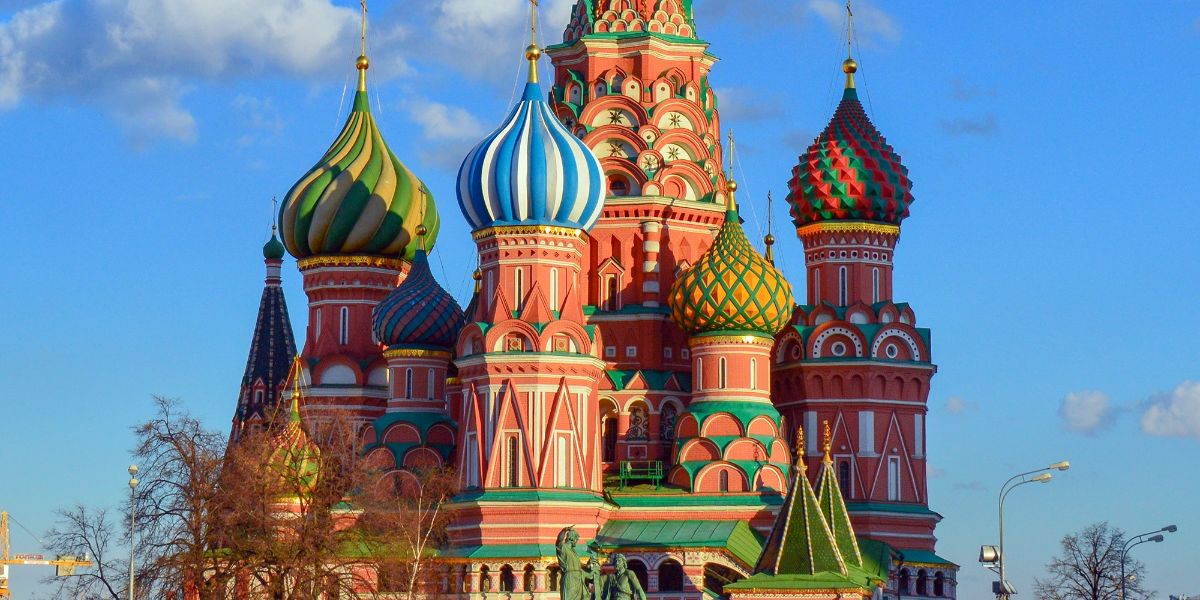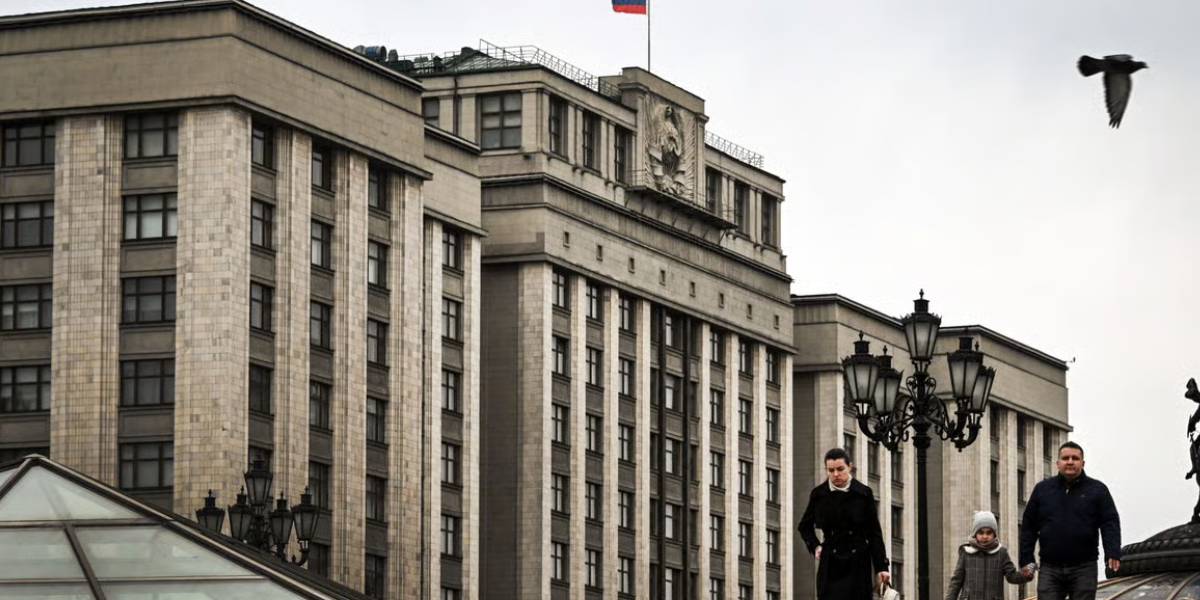Russia’s Federal Tax Service (FTS) has introduced new guidelines requiring detailed disclosure of the price formation chain in controlled transactions for transfer pricing purposes.
According to Guidance Letter ZG-2-13/11134, issued on 2 August and publicly released the week of 1 September, taxpayers must report all controlled transactions as specified in Tax Code Article 105.14 that occur within a calendar year.
Article 105.16, Section 3 outlines the specific information that must be included in transfer pricing reports. This includes details on transactions involving the sale or purchase of goods within the same category, such as information about the end buyer, the origin of the goods, their prices, and the financial conditions of the transactions.
Subsection 8 emphasises that taxpayers must actively obtain this information from related parties, and a refusal from these parties does not exempt the taxpayer from reporting obligations. The FTS has clarified that the price formation chain should be disclosed up to the point where related parties no longer engage in transactions involving the same goods.
In cases where goods pass through multiple related parties before reaching final independent buyers, the taxpayer must disclose transactions involving all related parties. For example, if a taxpayer sells goods to a related intermediary, who then sells them to an unrelated party, and the goods are later sold to another related party before reaching independent buyers, the taxpayer must report all these transactions.
Furthermore, Article 105.1 defines related persons for tax purposes, including entities with a stake of over 25% in each other, individuals with control or influence over entities, and related parties in chains where each party’s stake exceeds 50%.













